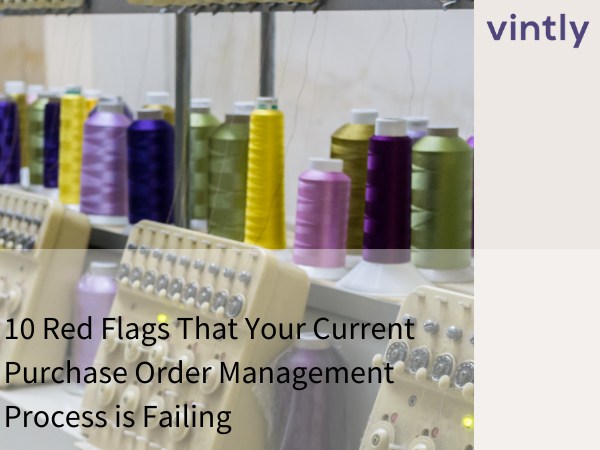Why Supplier Audits Are More Critical Than Ever
In today’s fashion industry, speed and scale are everything — but they come with growing risks. As brands expand globally, supplier networks have grown longer, more opaque, and harder to manage. That’s why supplier audits have become not just a compliance task, but a strategic necessity.
Why Supplier Audits Matter Now More Than Ever
The modern fashion supply chain is layered, fast-moving, and often spans multiple regions. Without clear visibility into supplier operations, brands risk everything from poor product quality to serious reputational damage due to unethical labor practices or environmental violations.
One striking example is the ongoing reality of sweatshop labor in the fashion industry. As reported by Earth.org, poor working conditions, low wages, and lack of oversight still plague many garment factories. This isn't just a legacy issue — it's a current and global one. For fashion brands, failing to audit suppliers can lead to legal risk, customer backlash, and long-term brand erosion.
From Risk to Opportunity
But audits aren't just about catching issues — they’re also an opportunity to build better supplier relationships and long-term value. A thoughtful audit process can surface inefficiencies, spark meaningful conversations about improvements, and help align your partners with your brand's sustainability and quality expectations.
We explore this further in our article, From Fiber to Fabric: Ensuring Sustainability Through Supplier Evaluations & Mapping, where we outline how supplier mapping and targeted evaluations help fashion brands move beyond compliance to true supply chain transparency and accountability.
Building a Stronger, Smarter Supply Chain
Digital tools have transformed how audits are done. Today’s systems can track performance across audit cycles, flag risks earlier, and help brands monitor improvements over time. Instead of one-off inspections, leading brands now integrate audits into a broader supplier scorecard strategy — empowering them to take faster, data-driven action.
Final Thoughts
As sustainability standards tighten and consumer expectations rise, supplier audits are no longer optional. They're essential. A strong audit program not only mitigates risk but unlocks opportunities for better quality, efficiency, and trust throughout your fashion supply chain.
.png)


